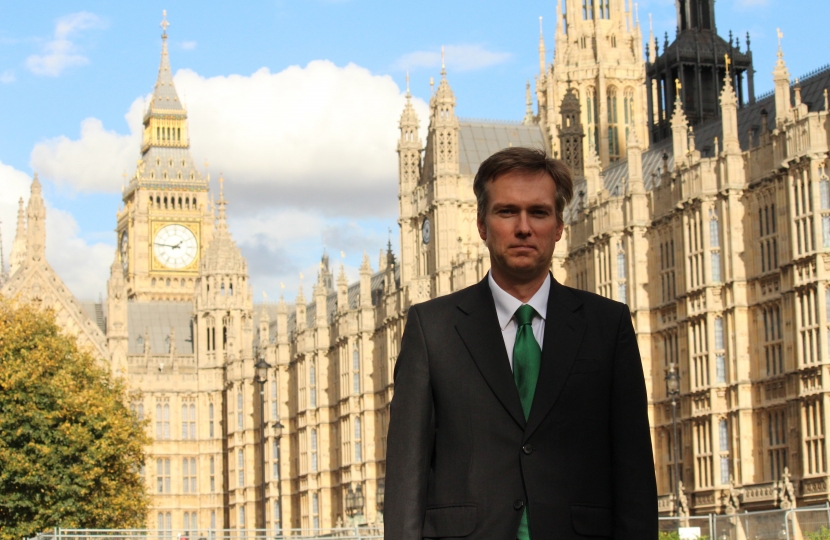
The Chancellor of the Exchequer’s Autumn Statement on our nation’s finances is in and the message is clear: it is a hard road to recovery but this Government’s plans are getting us there. The inherited deficit has fallen by a quarter in just two years and is forecast to go on falling each and every year, exports to emerging markets have doubled and 1.2 million new jobs have been created in the private sector since this Government came to office.
Great Britain is better placed than many of our international competitors, with lower unemployment than in the eurozone or the United States and next year our economy is predicted to grow faster than that of either France or Germany. The Government will be investing £5.5 billion to improve the UK’s infrastructure, including in improved highways such as widening the A23 (due for completion next year); additional science and innovation funding support; and an additional £980 million for schools. As a result, public investment will be higher on average than it was under the last Government.
To support those on low and middle incomes, the Chancellor announced that the Government will increase the personal allowance by a further £235 in April 2013, taking it up to £9,440 – the largest ever cash rise. This will benefit 24.4 million Britons with average annual savings worth £267 and will lift 2.2 million of the poorest in society out of paying income tax altogether.
I am particularly pleased to report that, following significant local campaigning and action taken by myself and colleagues in Parliament, the Government will also cancel Labour’s fuel duty increase that was planned for 1 January 2013. This will save Crawley motorists £40 per year and ensure fuel remains 45 pence per gallon cheaper than under the previous Government’s escalator.
On tackling our nation’s colossal £90 billion a year welfare bill, a one per cent up-rate cap will be placed on most universal benefits to ensure a fair detail for taxpayers and benefit recipients alike. With average earnings having risen by around ten percent since 2007 -08, out of work benefits have gone up by around twenty per cent, which does not help incentive people to work.
For senior citizens the basic state pension is not reduced and indeed next year will rise by 2.5 percent, higher than either earnings or inflation.
Finally, I can confirm that the higher rate income tax threshold will be increased by one percent, which is the first cash increase in the higher rate threshold in this Parliament. Taken together with the increase in personal allowance, in real terms a typical higher rate taxpayer will be better off next year and no worse off in total by the year after.
Henry Smith MP
